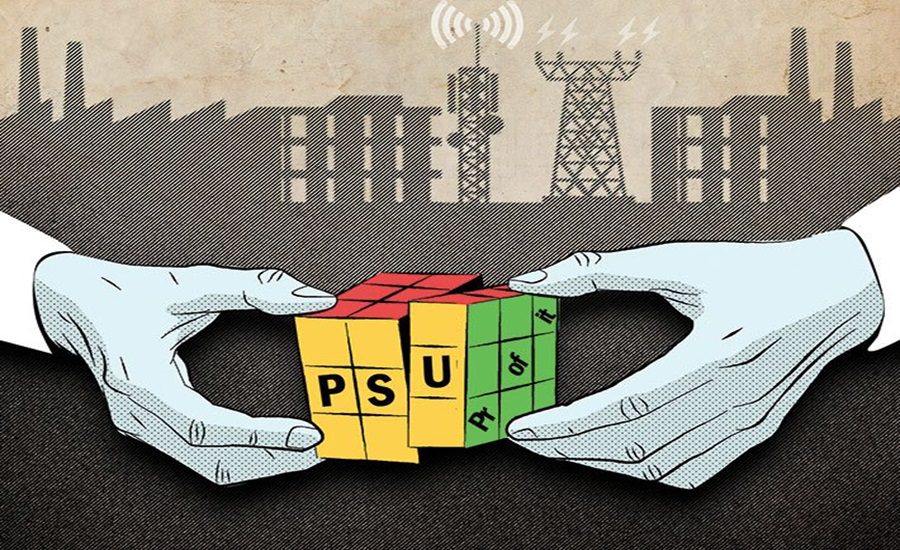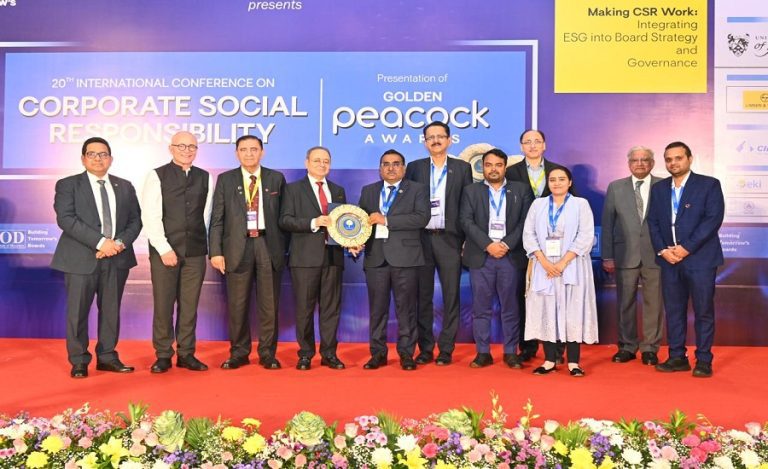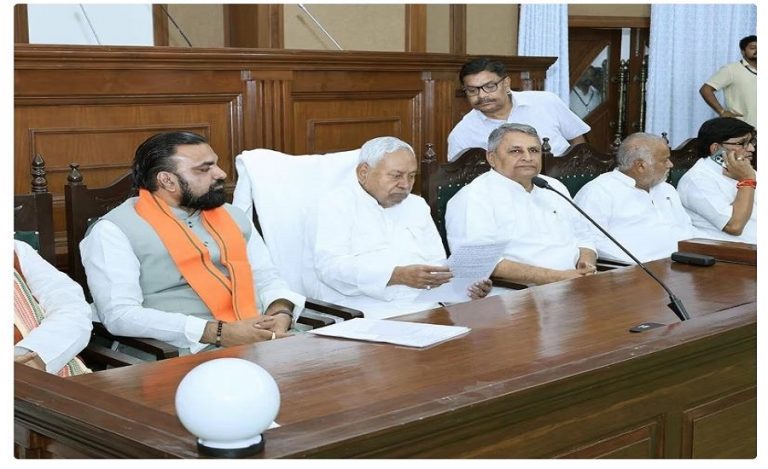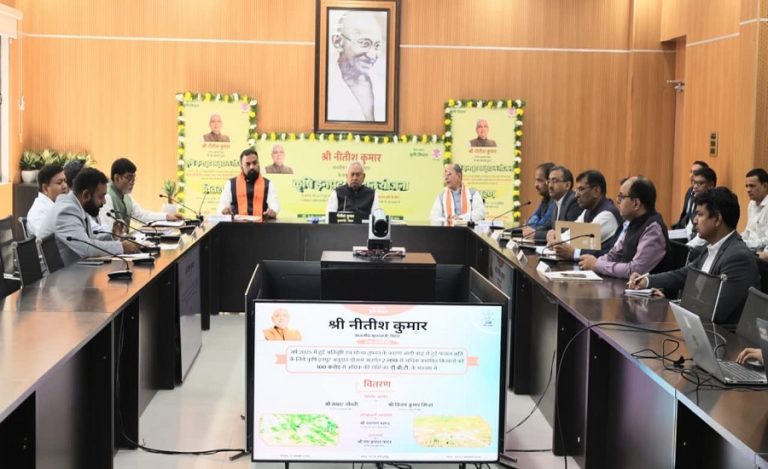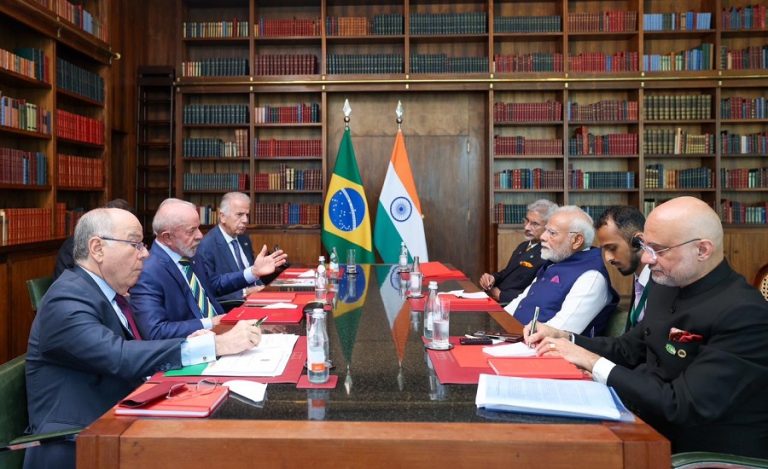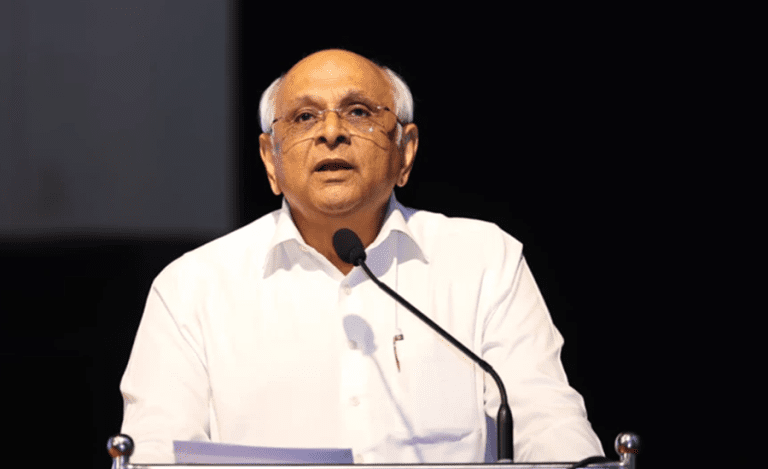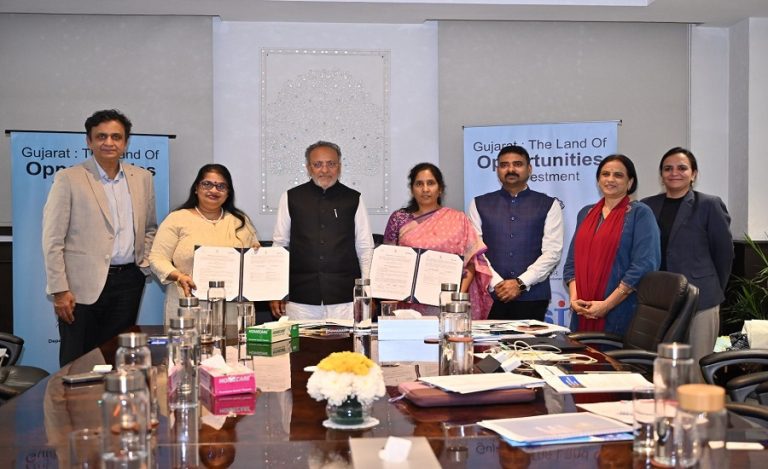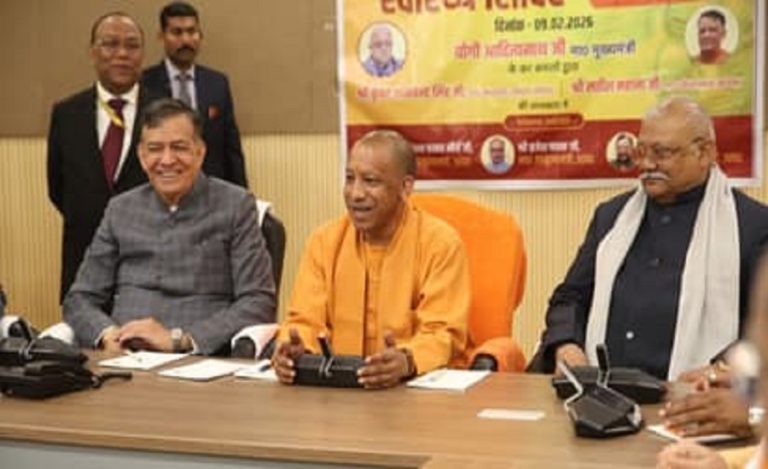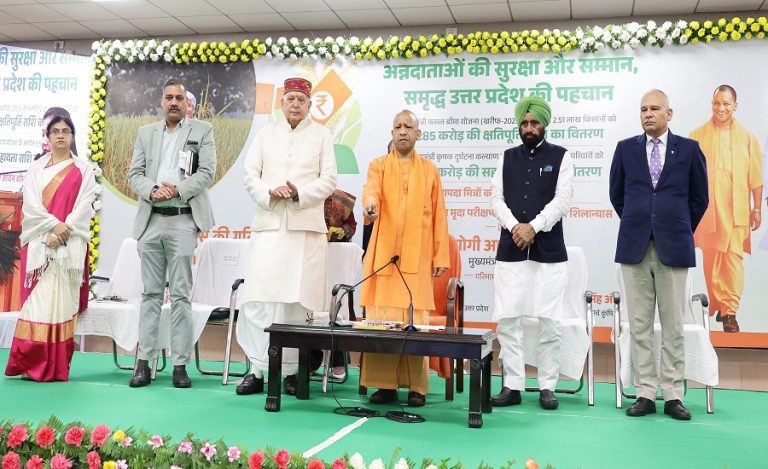New Delhi: India’s economic growth trajectory is increasingly powered by the dynamism of small businesses and entrepreneurial innovation. A key driver behind this transformative shift is the Union Government’s supportive policy framework, with the Department of Public Enterprises (DPE) under the Ministry of Finance playing a pivotal role in catalysing this change.
Public Procurement Policy: A Game Changer for MSMEs and Start-ups
A cornerstone of this transformation has been the Public Procurement Policy for Micro, Small, and Medium Enterprises (MSMEs), initially introduced by the Ministry of MSME in 2012. The Department of Public Enterprises institutionalized this policy across Central Public Sector Enterprises (CPSEs) starting in the financial year 2015-16, unlocking unprecedented opportunities for India’s MSMEs and start-ups.
Remarkable Growth in CPSEs’ Procurement from MSMEs
Data underscores the policy’s success: CPSEs’ procurement from Micro and Small Enterprises (MSEs) surged to ₹93,568 crore in FY 2024–25, a staggering 255% increase from ₹26,344 crore in 2017–18. This sharp rise reflects the effectiveness of targeted public policy in fostering inclusive economic growth.
Statutory Procurement Targets and Digital Reforms
To institutionalize this support, a statutory mandate requires CPSEs to source at least 25% of their annual procurement from MSMEs – up from the initial 20%. Complementing this target are digital and administrative initiatives such as the MSME Sambandh portal, real-time monitoring systems, integration with the Government e-Marketplace (GeM), and inclusion of procurement performance in CPSE scorecards.
According to a senior DPE official, “The DPE mandate did not merely unlock the door for MSMEs; it established a distinct, policy-supported route for them to emerge as significant suppliers to India’s largest public sector undertakings.”
Boosting Employment and Rural Economies
This procurement-driven policy has triggered a positive ripple effect across the economy. By positioning CPSEs as key customers for start-ups and MSMEs, it has enhanced their market reach and reputation, enabling sustainable growth. The increased business volume has significantly boosted employment, especially in Tier 2 and Tier 3 towns where MSMEs serve as vital employment generators. The resulting rise in business activity has also contributed to higher tax revenues, reinvestment in enterprises, and increased rural incomes, reinforcing broader economic development.
MSMEs and Start-ups: Pillars of India’s Economy
MSME and start-up sectors together contribute nearly 30% to India’s GDP and provide employment to over 110 million people. Through the DPE’s focused procurement policy, government expenditure is channeled to democratize market access, fostering inclusive growth and economic resilience.
A Strategic Tool for India’s $5 Trillion Economy Ambition
The success of this procurement policy exemplifies the strategic role of public sector enterprises in advancing national development goals. By leveraging the purchasing power of CPSEs, the government has transformed procurement into a powerful instrument of policy impact. As India marches toward its $5 trillion economy goal, the DPE’s policy narrows the gap between large institutions and grassroots entrepreneurs, steering the nation toward a more inclusive and self-reliant economic future.

